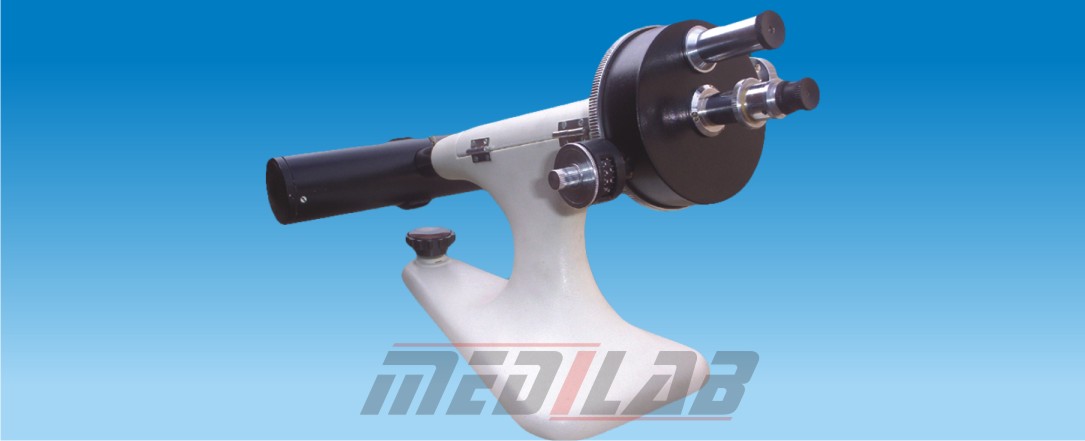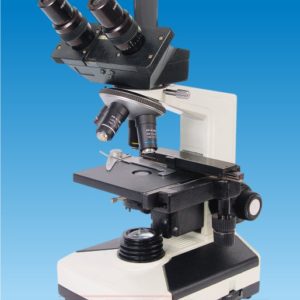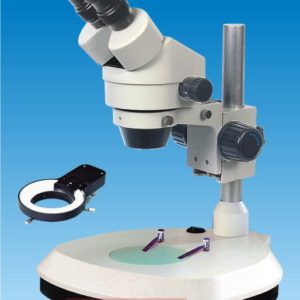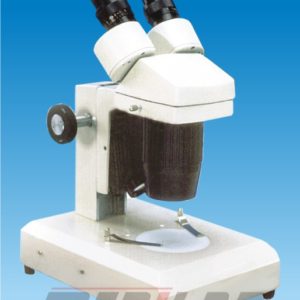Description
A Polarimeter is a laboratory instrument used to measure the degree to which a substance rotates the plane of polarized light. Polarized light is light that oscillates in one direction, rather than in all directions as ordinary light does. The ability of a substance to rotate polarized light is known as its optical rotation.
The Polarimeter consists of a light source, a polarizer to produce polarized light, a sample holder, and an analyzer to measure the rotation of the polarized light after it passes through the sample. The instrument can measure both the magnitude and direction of the optical rotation, which can provide information about the composition, concentration, and purity of a substance.
Polarimeters are widely used in the chemical, pharmaceutical, and food industries for the analysis of chiral compounds, which are molecules that exist in two or more mirror-image forms, known as enantiomers. Chiral compounds have different optical rotations and can have different biological activities, so it is important to accurately determine their composition and purity.
Polarimeters are available in various types, including manual and automated models, and may be equipped with features such as temperature control and digital displays. Some models are also designed for specific applications, such as sugar analysis or pharmaceutical research.







